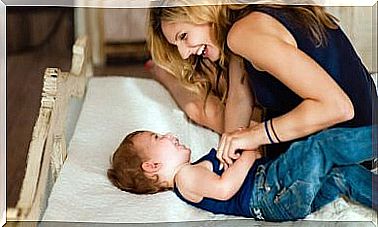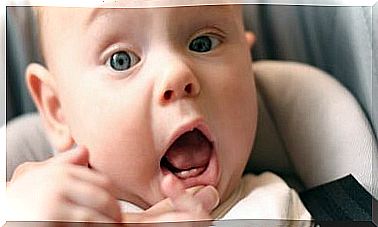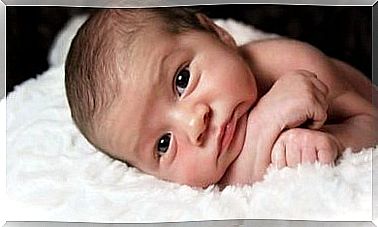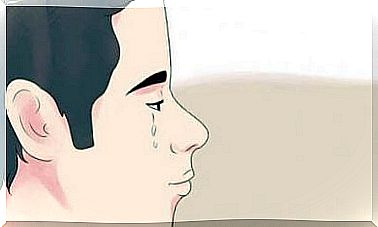Characteristics Of The Theory Of School Organization

First we will explain what is meant by organization, in general, and in particular by school organization. After that, we will see what the theory of school organization is.
What is meant by organization?
According to the dictionary, the word organization refers to the action and effect of organizing or organizing. As we can deduce, it is a group of people who come together for some reason with a common goal. They talk to each other about this and carry out activities both individually and together.
In turn, these organizations can be differentiated on the basis of their more spontaneous or formal character. That is, those that are not constituted explicitly and formally by those with only well-defined objectives at the base.
A structure is defined around these objectives with the functioning of concrete activities and established procedures.
The school organization
The school organization is a formal educational institution with a well-defined structure in which specific tasks and activities are carried out. There are well-defined and differentiated roles.

The study and analysis of these educational organizations and their processes are the basis on which the theory of school organization is nourished.
Characteristic of the theory of school organization
There are many definitions proposed by different authors on what is the theory of school organization. However, everyone agrees that it is a scientific discipline.
It takes the concepts to be applied to the study of schools from other organizational theories born in the business world. We could say that this theory is based on the knowledge of the educational institution as an object of study. They analyze how the different elements that apply in the educational center must interact.
In this sense, the theory is not limited only to discovering the organizational phenomenon. He also wants to improve it, to make the school more capable of teaching.
The different elements that make up the school center are both human and material, organizational, administrative and legislative resources. All must function in such a way as to guarantee the education of pupils and pupils.
There are several theories on this organization and on the basis of these the elements acquire a greater or lesser weight relative to a specific interrelation.
Theoretical lines of school organization
Existentialist theories
The goal is to answer the question of whether or not a school organization exists.
- Lack of organization. In this group there are theoretical lines without any rules within the school, an anomie.
- Flexible organization. There is a need to find a balance between written norms and spontaneity.
- Formal organization. This current argues that rules and authority are fundamental to the functioning of the organization.
Classical theories
They conceive the organization as a mechanical structure in which people are abstract pieces that allow the process to function.
- Physiological organization theory. It is based on a Taylorist model of the division of labor and effectiveness as a guarantee of success, and productivity within the school.
- Departmental theory. It suggests the delimitation and specialized division of its functions according to the abilities of the people who perform it.
The new theories
They focus on the consideration of the human factor and its degree of satisfaction in carrying out the tasks assigned according to the rules and within the framework of the organization.
- Elton Mayo model. Human relationships directly affect the organization.
- The Merton model. The organization is successful because the behaviors are adequate according to its functions and responsibilities.
- Zelznick model. Affirm the importance of delegating authority.
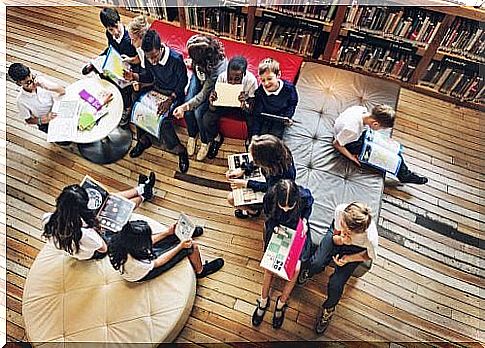
- The Gouldner model. It gives importance to the existence of general and impersonal rules to reduce interpersonal friction.
- Interpretative theory. It focuses on the importance of the subjective and symbolic, values and faith.
- Political theory. He argues that tensions, coalitions and political negotiations of unequal interest define organizations.
Conclusions
To conclude, we would like to point out that a theory on this organization should take the most significant elements from the various existing theoretical models. That is, that they allow to study and understand the school organization despite its intrinsic complexity.
Ultimately a theory on the current school organization should be a theory with the consideration of the human factor as a fundamental element.

